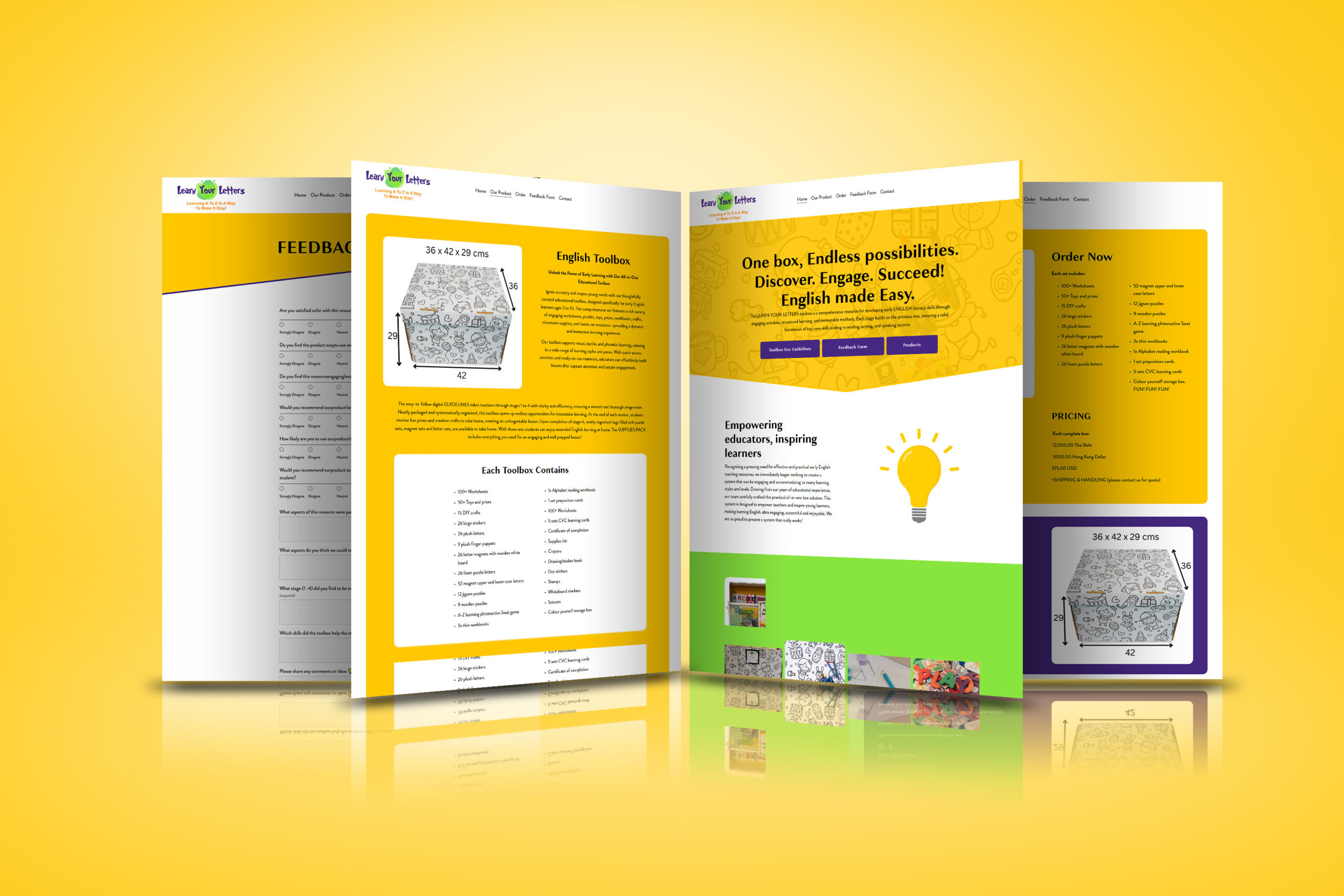Introduction
The rise of Web 3.0 is reshaping how websites are built, managed, and monetized. Unlike traditional Web 2.0 platforms, Web 3.0 leverages blockchain, smart contracts, and decentralized hosting, offering more transparency, security, and user control. This shift is transforming CMS platforms, affecting WordPress, Webflow, Shopify, and others. In this guide, we explore how Web 3.0 is changing content management systems (CMS) and what it means for developers, content creators, and businesses.
1. What is Web 3.0 and How It Differs from Web 2.0?
🔹 Key Characteristics of Web 3.0:
- Decentralization: No single authority controls content.
- Blockchain-based security: Data is immutable and transparent.
- AI-driven interactions: Personalized and automated user experiences.
- Tokenization & smart contracts: Enables direct transactions without intermediaries.
🔹 Web 2.0 vs. Web 3.0 in CMS:
| Feature | Web 2.0 (Current CMS) | Web 3.0 (Next-Gen CMS) |
|---|---|---|
| Hosting | Centralized (AWS, GoDaddy, etc.) | Decentralized (IPFS, Arweave, etc.) |
| Content Control | Platform-owned | User-owned |
| Security | Prone to breaches | Blockchain encryption |
| Payments | Third-party (PayPal, Stripe) | Crypto & smart contracts |
2. How Web 3.0 is Changing CMS Platforms
🔹 Decentralized CMS & Blockchain-based Hosting
- IPFS (InterPlanetary File System): Stores data across multiple nodes instead of single servers.
- Arweave: A permanent, censorship-resistant data storage solution.
- ENS (Ethereum Name Service): Replaces traditional domains with blockchain-based addresses.
🔍 Impact on CMS Platforms:
- WordPress, Webflow, and Shopify may integrate decentralized storage.
- Fewer server failures and increased data permanence.
- Improved content censorship resistance.
3. Smart Contracts and CMS Monetization
🔹 How Smart Contracts Work:
- Automates content payments without middlemen.
- Allows micropayments for premium content.
- Manages digital rights and royalties seamlessly.
🔍 Impact on CMS:
- No reliance on ad-based monetization.
- Instant payouts for creators (no delays like YouTube or Patreon).
- Subscription-based models via blockchain tokens.
Example: Instead of paying through PayPal, users could subscribe to premium WordPress blogs using Ethereum-based smart contracts.
4. Web 3.0 and User Privacy in CMS
Privacy concerns are driving the shift to Web 3.0. Traditional CMS platforms collect user data, but decentralized alternatives allow:
🔹 Privacy Enhancements:
- User-controlled data storage (Users own their personal info).
- No need for third-party tracking cookies.
- Decentralized authentication via crypto wallets.
🔍 Impact on CMS Platforms:
- WordPress and Webflow may adopt decentralized login systems.
- Improved GDPR compliance with self-sovereign identity (SSI).
- Users control their data, reducing reliance on third-party analytics.
5. The Future of CMS in a Web 3.0 World
🔮 Decentralized publishing platforms will replace traditional CMS models.
🔮 AI-driven Web 3.0 CMS tools will personalize content dynamically.
🔮 Crypto and NFTs will unlock new monetization methods for content creators.
🔮 More CMS platforms will integrate blockchain-based domain names.
Final Thoughts
Web 3.0 is revolutionizing content management, shifting control from centralized platforms to users. Whether it’s decentralized hosting, blockchain payments, or enhanced privacy, CMS platforms must evolve to stay relevant. Developers and businesses must prepare for a new era of digital ownership, security, and monetization.
Want to future-proof your CMS? Ali DevSolutions can help you integrate Web 3.0 features into your website!












